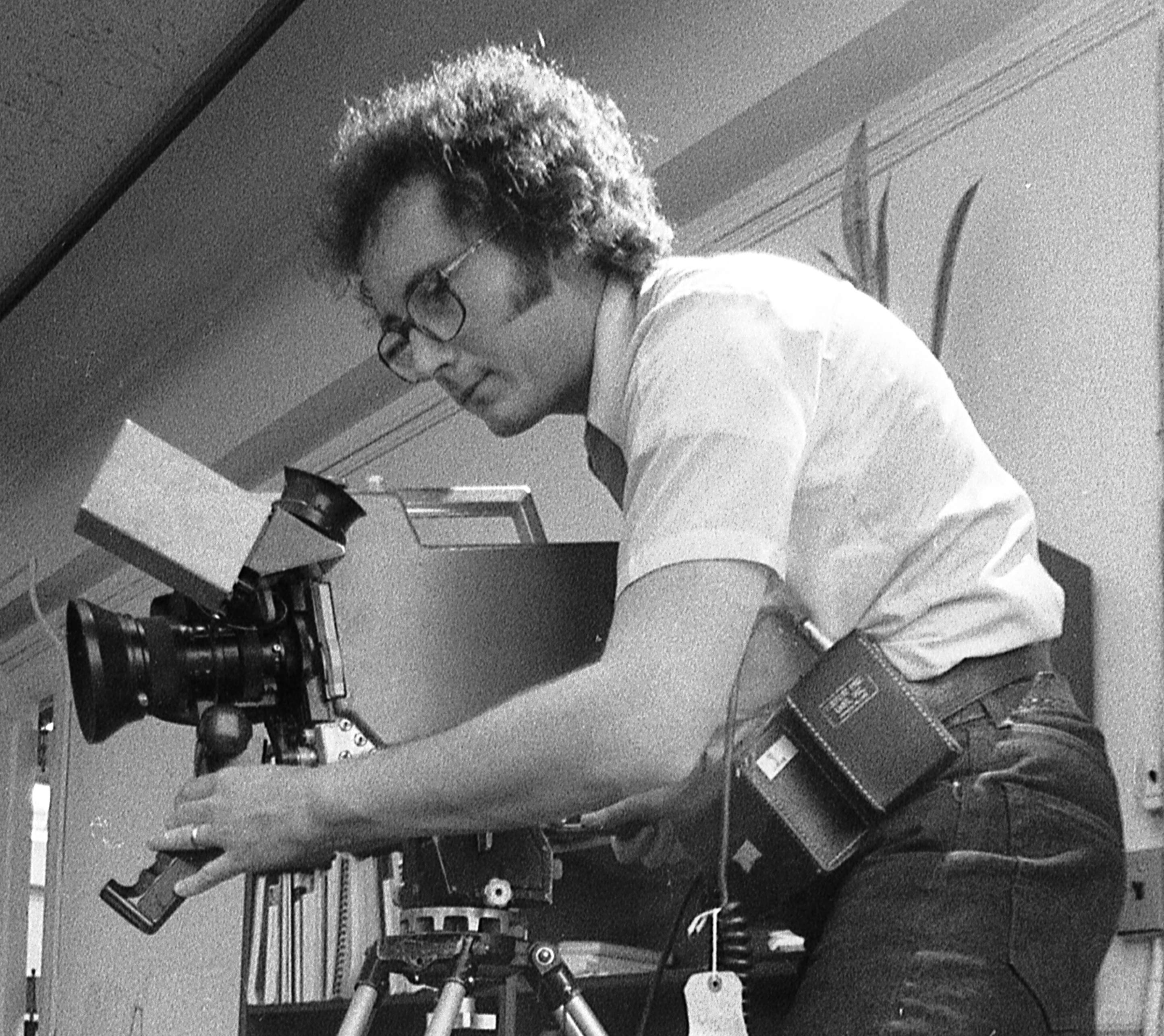This Week in Flags and File Sharing
Content copyright protection played big in the courts this week. The Supreme Court got a dose of file-sharing arguments, while the D.C. Circuit Court of Appeals received more briefs on the broadcast flag.
The flag briefs were sought by the Court two weeks ago to determine if the petitioners had a right to challenge the technology that ostensibly prevents mass distribution of digital TV content over the Internet. The petitioners--the Consumer Federation of America, Consumers Union, Electronic Frontier Foundation, Public Knowledge and several library associations--claim the FCC doesn't have the authority to impose the broadcast flag.
In their brief filed March 29, the petitioners argued they had legal standing to bring the lawsuit because several of their individual members would suffer material harm under the broadcast flag regime.
"The North Carolina State University Library... currently assists its faculty in making clips of broadcast television shows such as Univision's 'El Show De Christina' available for distance-learning students," the filing states. "Because the Internet is used to make the clips available, however, the flag will prevent this educationally beneficial activity."
That may or may not be the case, depending on whether Univision flags the program. The flag itself is merely a bitstream that can be inserted into over-the-air content at a creator's behest. Come July 1, all digital over-the-air TV receivers sold in the United States must be able to detect the flag and limit what content gets spit out to--either analog outputs or other flag-compliant devices.
(While the flag is intended to circumvent Internet distribution, the analog output provision represents a hole through which a reasonably tech-savvy individual could record HD content and convert it back to HD with little degradation.)
There has been little indication of exactly what content will and won't be flagged--i.e., some or all high-definition programming. However, TV Technology engineering consultants have noted that stations may not be keen on hiring someone to oversee an "on/off" switch on the flag bitstream. Consequently, it's conceivable that news programs will be flagged, which the petitioners cite as a big boot on the back of First Amendment discourse.
Even if only some news content were flagged, for example, Vanderbilt University would be looking at replacing equipment in the $100,000 recording facilities of its Television News Archive, according to the brief. The archive provides licensed news clips to more than 140 subscribers via the Internet.
"The flag would foreclose on this type of use for broadcast news programs," the filing stated.
Only one member among the petitioners could be driven out of business by the flag. Jack Kelliher, president of pcHDTV in Sandy, Utah, makes a $170 Linux-based HDTV card. Making it flag-compliant would boost the price to between $350 and $400, Kelliher said.
"Our targeted market would not respond well to a $350 card," he said.
Internet redistribution of digital content was also the subject of oral arguments Tuesday in the Supreme Court in MGM v. Grokster. The movie mogul plaintiffs in the case claim that the file-sharing geek defendants are liable for copyright infringement.
The Ninth Circuit Court of Appeals in San Francisco found otherwise two years ago in a ruling that essentially upheld the mother of all content decisions--the Betamax opinion (Sony v. Universal City Studios). In Betamax, the Supreme Court in 1984 found that selling copying equipment did not contribute to infringement. The ruling allowed VCRs into the market.
Jim Burger, an attorney with Dow Lohnes and Albertson in Washington, D.C. who attended Tuesday's presentation, said Justices Antonin Scalia, Anthony Kennedy and David Souter expressed substantial concern that a ruling against Grokster could stifle innovation--just as a ruling against Betamax could have done. Burger is counsel of record on an amicus brief filed on behalf of Intel, urging the court to uphold Betamax and have the petitioners file instead on the grounds of inducement. Under inducement, the petitioners would have to demonstrate that Grokster instructed users on how to download copyrighted material or otherwise encouraged them to do so. Napster, the predominant file-sharing network five years ago, was vulnerable to charges of inducement because it maintained centralized servers. Grokster does not.
At least one content guy is coming down in support of Grokster. HDNet founder and all-around entrepreneur Mark Cuban, who owns and/or co-owns a network, a couple of production companies, a movie library, a theater chain, a theatrical distribution business and a basketball team, is not afraid of file-sharing. In fact, he's financing the defense.
"If Grokster loses, technological innovation might not die, but it will have such a significant price tag associated with it, it will be the domain of the big corporations only," Cuban wrote in his blog. "It won't be a good day when high school entrepreneurs have to get a fairness opinion from a technology oriented law firm to confirm that big music or movie studios won't sue you because they can come up with an angle that makes a judge believe the technology might impact the music business."
The Supreme Court is expected to issue an opinion by June or July.
The professional video industry's #1 source for news, trends and product and tech information. Sign up below.
